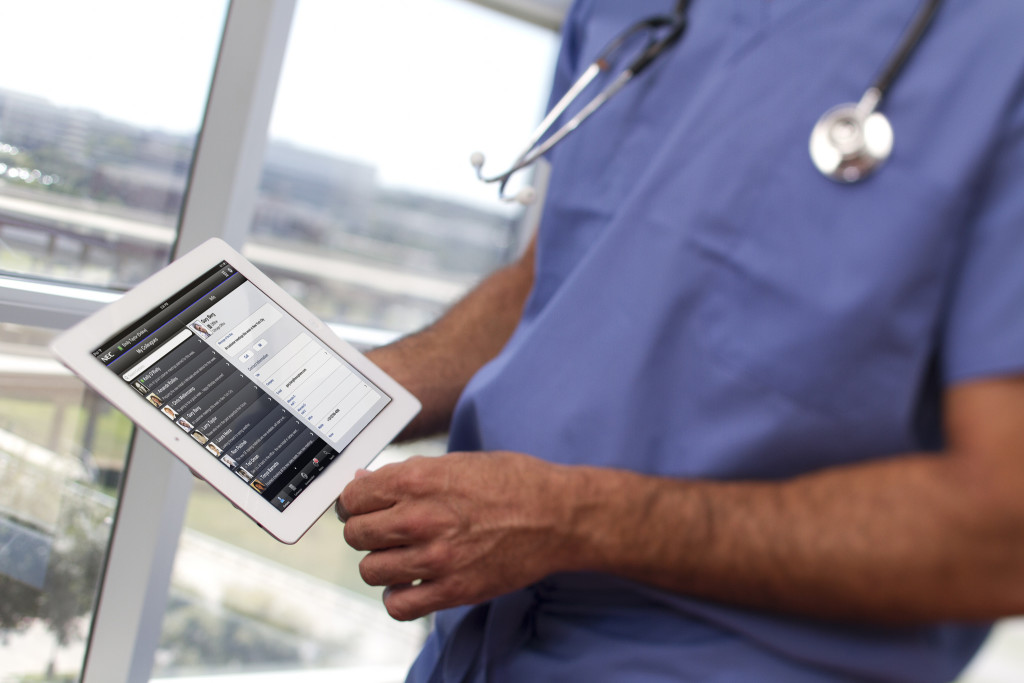Wouldn’t it be great if seeing a doctor was as quick and as easy as calling an Uber?
That’s the question that Mercatus Center Senior Research Fellow Adam Thierer asks in the new Learn Liberty video on Permissionless Innovation. This concept states that people should be allowed to innovate and make products that improve our lives without being stopped by government regulations and bureaucracy at every pass. This ability to innovate is key not only to our economic growth but also to our well-being.
“The Wright Brothers didn’t ask anyone to build a plane, and Steve Jobs didn’t ask for permission to build the iPhone,” says Thierer.
Permissionless innovation has made it so that virtually anyone with a smartphone can order a car to pick them up in a matter of minutes, and now that same technology is being use to bring doctors to patients’ door steps. Several new smartphone apps are vying to be the Uber for doctor house calls – and have commanded millions in venture start-up funds. The apps bill themselves as a low-cost alternative for ill people who are too busy, too sick, or otherwise unable to make it into a doctor’s office.
But government smells blood in the water and is circling these apps looking for ways to regulate them. So far, the apps have been able to avoid burdensome government regulations that threaten their expansion and have been able to thrive.
But their telemedicine cousins – which offer medical advice over webcam – have not been so lucky. Many states heavily restrict this practice, hurting consumers who prize convenience or who don’t want to wait weeks for an appointment that will disrupt their entire day (i.e., everyone). Navigating the regulatory and licensure environment threatens the growth of the entire telemedicine industry.
If only there were an app for that.


